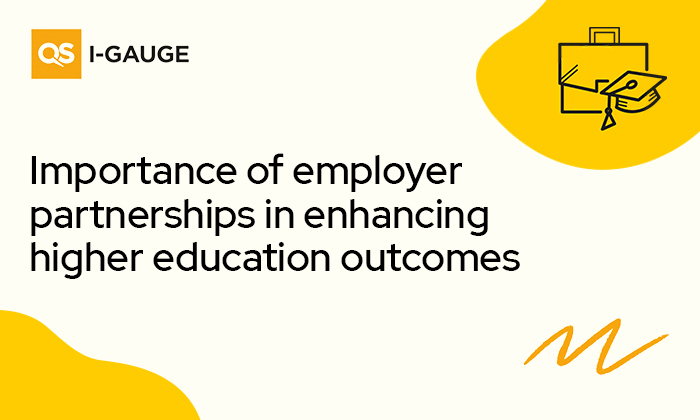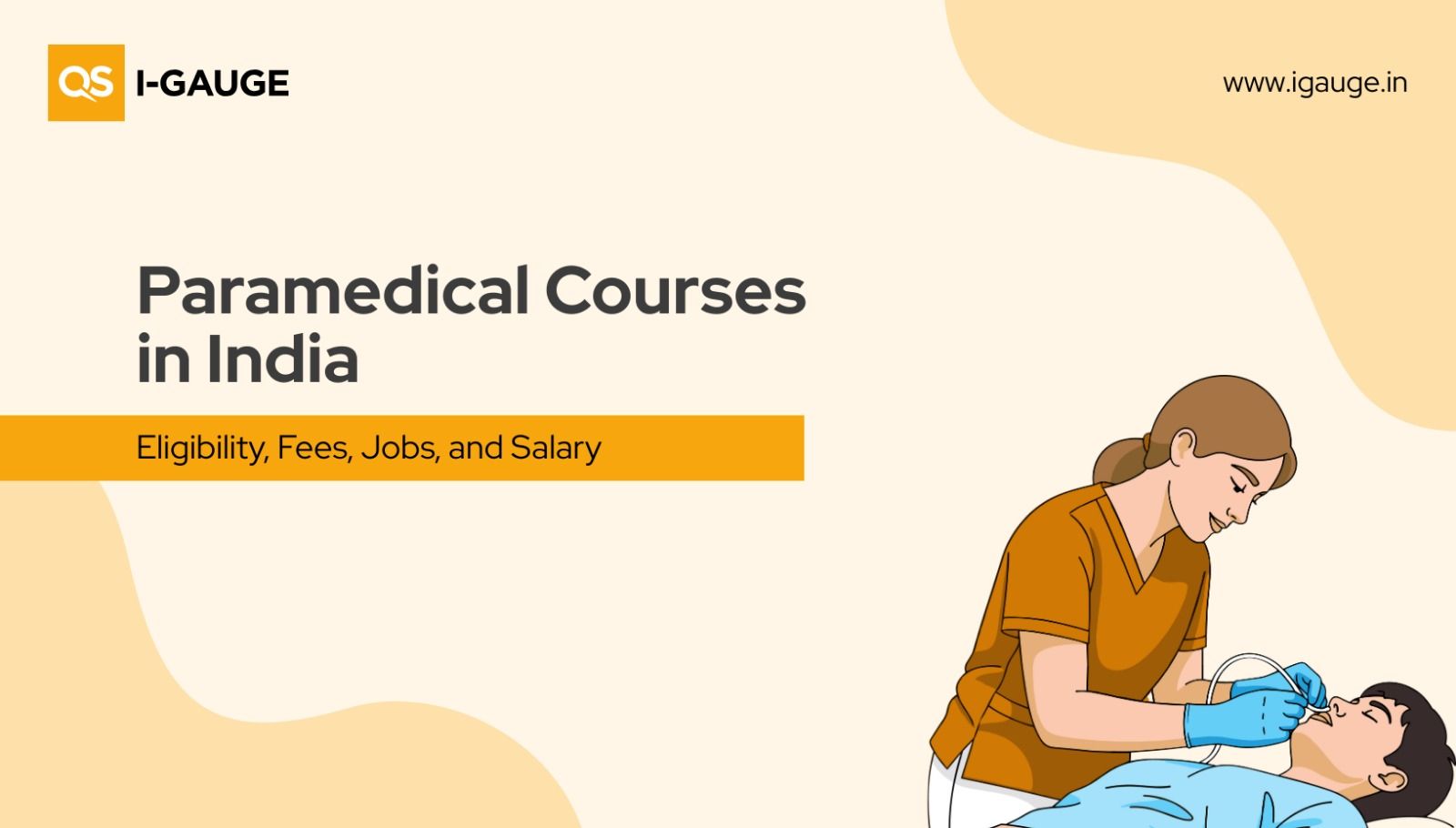
As industries evolve rapidly, traditional academic curricula frequently face challenges in aligning with the practical skills and knowledge demanded by employers. This misalignment can create a disconnect between the competencies that companies expect from graduates and the content being delivered in educational institutions. In this context, partnerships between universities and employers can yield mutually beneficial outcomes by bridging this gap, thereby enhancing the relevance of education and improving workforce readiness.
Here are a few ways educational institutions can benefit from employer partnerships:
1. Educational institutions can strengthen their curriculum by actively partnering with employers to ensure academic programs meet industry demands.
A. This can be accomplished by integrating hands-on experiences like internships, apprenticeships, and projects led by industry professionals, which offer students valuable exposure to real-world environments and challenges. Through this work experience, students gain direct insight into employers' expectations and explore career opportunities connected to their field of study.
B. Regular feedback from employers regarding the skills needed for emerging positions can inform curriculum revisions, keeping students well-equipped with current knowledge.
C. Furthermore, hosting guest lectures and workshops by industry experts can effectively connect theoretical concepts to practical applications.
These strategies not only enhance educational results but also boost students' employability and preparedness for the workforce.
Case study:
- University of California, Berkeley and Technology Companies
The University of California, Berkeley, has strategic partnerships with leading technology companies, including Google and Facebook, to develop specialised training programs in data science and artificial intelligence. These collaborations encompass curriculum design, guest lectures, and internship opportunities, all aimed at equipping students with the skills that are in high demand by tech employers.
- Indian Institute of Technology (IIT) Bombay and Tata Consultancy Services (TCS)
IIT Bombay works in close partnership with TCS to create curricula that align with industry needs and offer students valuable internship opportunities. This collaboration enables students to acquire practical experience and insights into the IT sector, equipping them for careers in technology.
- University of California (USC) and Entertainment Industry
The USC has partnered with major studios such as Disney and Warner Bros, providing students with internship opportunities, mentorship programs, and access to industry-standard resources for successful careers in film and media.
- Manipal University (MU) and Philips
Philips launched an AI lab at MU to study and support the adoption of data analytics and AI in healthcare. Deepak Shetty, senior director-HR at Philips Innovation Campus said, “This helps ensure that the skills and knowledge students are learning are in line with what is required in the industry”.
2. Employers can offer research initiatives and professional development opportunities for both faculty and students.
A. Research projects can encourage creativity and innovation, offer practical experience, and deepen the understanding of real-world issues. Moreover, participating in research enhances collaboration and communication skills, which in turn supports students' academic development and career preparedness. By funding research initiatives and sharing their resources and expertise, employers can facilitate personal growth for students while simultaneously seizing the chance to contribute to the progress of their industries.
B. Collaborations with employers can boost professional development for faculty. For instance, industry partners can arrange visits to their facilities for faculty training. Additionally, faculty can participate in fellowships and disseminate their newfound knowledge within their institutions.
Case study:
- National Institute of Fashion Technology (NIFT) and Fashion Brands
NIFT partners with a range of fashion brands to explore market trends and consumer behavior. These collaborations include funding for targeted research projects that serve the interests of both the academic field and the fashion sector.
- Indian Institute of Science (IISc) and Infosys
IISc has teamed up with Infosys to create research initiatives centered on information technology and data science. This partnership encompasses funding for research projects and scholarships for students, which will not only enhance graduates' skill sets but also meet the talent requirements of Infosys.
- University of Michigan and Ford Motor Company
The University of Michigan partners with Ford Motor Company to create engineering programs that address the automotive industry's changing demands. This collaboration offers internships, co-op programs, and joint research, providing students with hands-on experience while contributing to impactful projects for Ford.
3. By tailoring programs that directly align with the career opportunities and the needs of specific employers, schools can attract more students to these programs. This approach can –
A. Reduce marketing expenses
B. Improve student retention and completion rates
C. Deliver a higher return on investment for students
D. Increase employment rates after graduation
Case Study:
- Ashoka University and Startups
Ashoka University has partnered with several startups to enhance student employability while also supporting startups with fresh talent.
- Bharati Vidyapeeth University and Local Industries
Bharati Vidyapeeth University has established partnerships with local industries to provide internships and training programs. These collaborations offer students valuable hands-on experience, resulting in improved retention rates and enhanced employment opportunities.
Summary
Collaborations with employers play a crucial role in adapting higher education to meet the evolving needs of the workforce. These partnerships benefit both educational institutions and employers alike. In the end, they help guarantee that higher education produces graduates who are not only academically proficient but also equipped to thrive in their careers.
Disclaimer:
The blog is curated by referring to various credible sources and does not necessarily reflect the opinions or positions of QS I-GAUGE. The information provided is for general informational purposes only, readers are advised to conduct their own research and seek professional advice before making any decisions.




